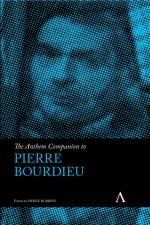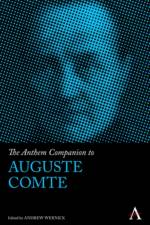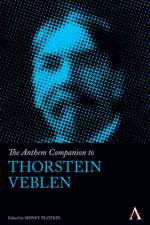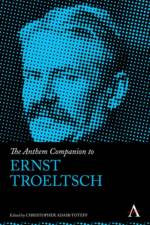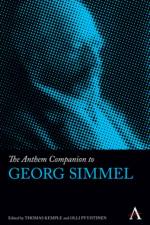von Michael Barber
262,00 €
Schutz, then, being a philosopher with extensive experience with social scientists, economists, theorists of law-whom he encountered in his studies at the University of Vienna in the early twentieth century, worked in two areas: philosophical and social scientific theory. His investigations can be studied and more deeply appreciated in their own right, and also for the contributions they might make to an analysis of social problems (e.g. intercultural, interracial understanding) or of problems in the social sciences, including how social science itself can proceed in its different areas, such as sociology of knowledge, sociology in general, or the theory of society.The contributors to this volume will examine topics in Schutz's philosophical-phenomenological theory of the social world, such as the second person, the face-to-face relationship, the meaning of human action, signs, symbols, and relevance (or interests). Since Schutz sought to provide philosophical foundations for the social sciences, his work opens up a series of epistemological questions, such as those about traditional knowledge and the opacity of knowledge and theory, that is, the neglected or unseen questions that accompany any knowing or theorizing. Also, authors from within the Schutzian framework will address issues IN the social sciences, such as the Durkheimian aspects of Schutz's thought, the sociology of knowledge, and the theory of sociology. The book will also explore how Schutzian theory, which is often viewed as a micro-sociology, can be extended to give an account of a macro-sociological reality like modern society.















